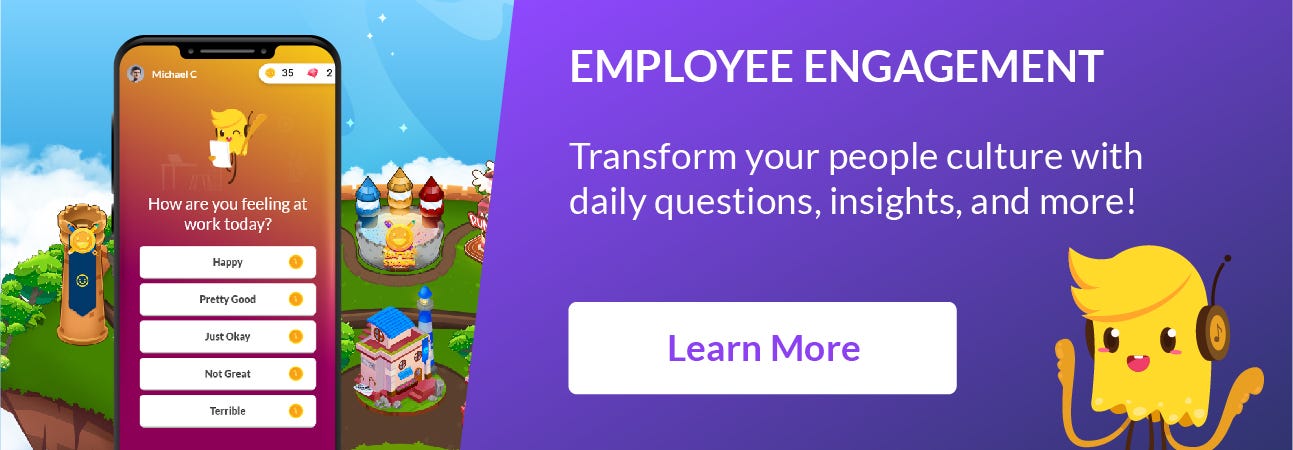Effective communication is vital for business for growth and success. Putting in place a feedback culture, a culture where every employee feels that they can share feedback with another person, increases organizational agility, resilience, and health. Some may find feedback uncomfortable and take it as criticism. However, constructive feedback can highlight areas for improvement and help increase individual and organizational performance.
Providing effective feedback is no easy task. Those sharing feedback must learn to communicate in a way that leads to growth and development. (Here are four easy tips on providing more effective feedback.)
We recommend three studies that illustrate the importance of feedback, along with actionable insights on how to give effective feedback in your workplace.
1. Feedback is the Ultimate Measure of Engagement and Can Help You Identify Your Top Performers
Top performers, classified by relational analytics, are those with high peer recognition and high recognition from their direct managers. They excel at individual performance and positively contribute to those around them. We studied feedback activity across three companies with a total of 551 employees and found that top performers are up to 20 times more likely to share regular, meaningful feedback. This shows that feedback and recognition are critical to engaging and activating talent. Here are six ways you can create an environment that supports your talent.
2. Activate Talent with Regular Feedback and Recognition
Great leaders activate their talent. Talent activation helps leaders realize the full potential of their teams, build trust, and create mutual growth. Allowing your employees to share regular feedback is a necessary first step. Learn more about the benefits of talent activation and the techniques that help your employees reach their full potential.
3. Tap into an Unexpected Source of Feedback
Most employees ask for feedback from managers because they are seen as more experienced, credible, and competent. According to our study, non-managers who have high network effectiveness are also a prominent source of feedback. This is because those with high network effectiveness are perceived as highly collaborative and more likely to give constructive, well-intentioned, and meaningful feedback. Employees go out of their way to get feedback to receive recognition and identify areas of improvement.
No matter your role and position, you can benefit from giving and receiving feedback. Feedback helps you see how well you are performing and reminds you of what you need to do to improve. Feedback is no longer something to be afraid of if you know how to make the most of it for yourself and those around you. If you are interested in learning more about how we can help your organization create a culture of feedback, check out our work at Happily.ai.
Happily is a one-of-a-kind platform that drives unprecedented feedback, recognition, insights, coaching, and more. Visit our website to learn more, request a demo, and be on your way to activating your talent.

References
[1] https://blog.happily.ai/activate-your-talent-with-regular-feedback-and-recognition/
[3] https://blog.happily.ai/4-tips-for-providing-more-effective-feedback/









